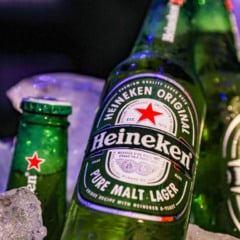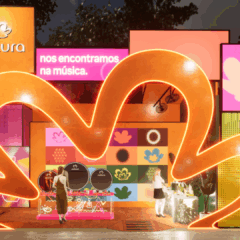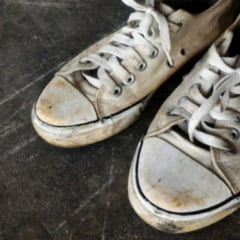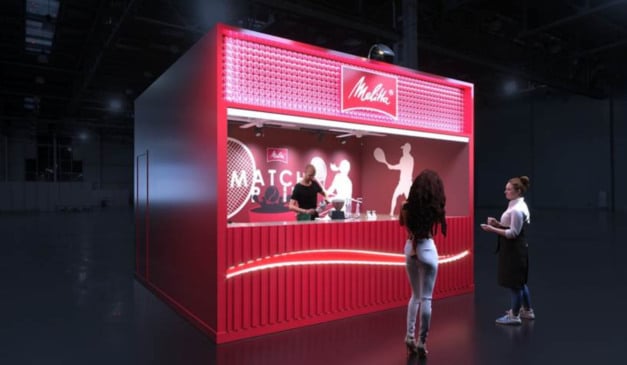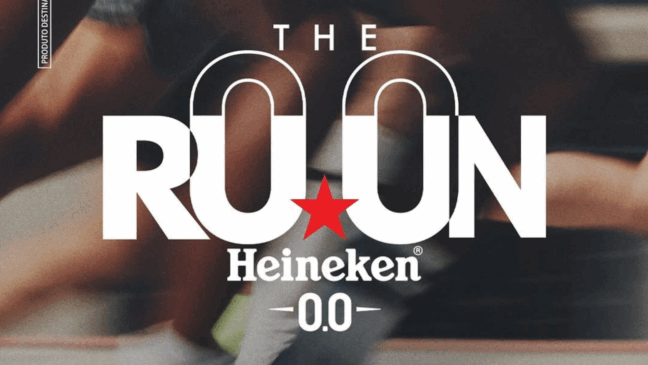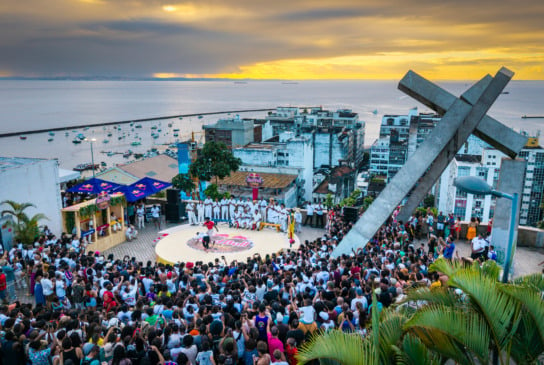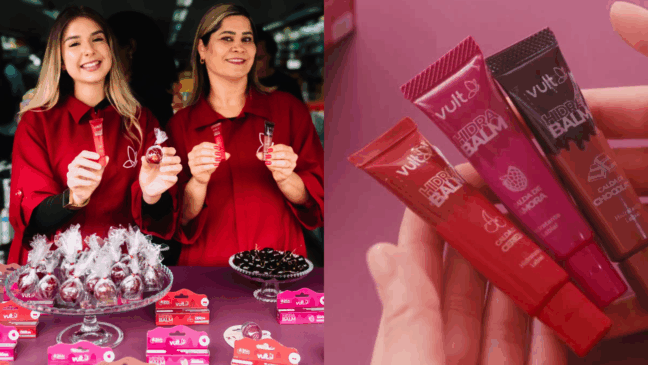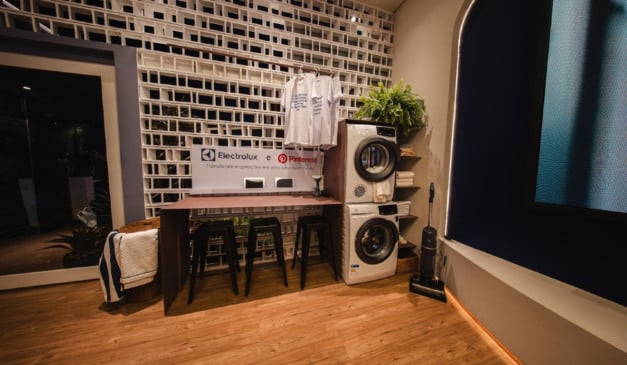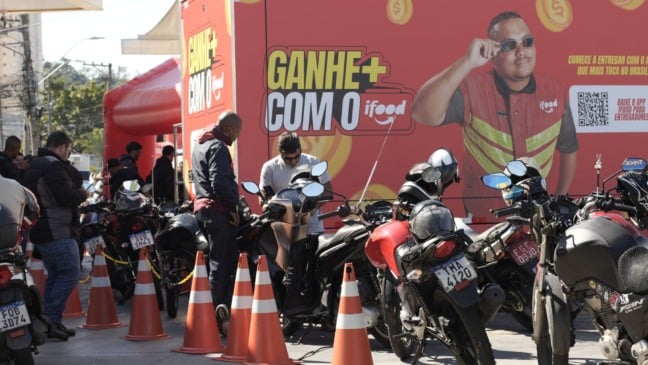The Athletes for Brazil and the Sports and Education Institute, both chaired by Ana Moser, have been trying to draw government and society’s attention to the importance of building a legacy after major sporting events, especially ones like the 2014 World Cup and the 2016 Olympic Games in Rio.
Institutions have been attempting to work with the Municipalities in a long-term proposal to ensure access to sport for the population.
Athletes for Brazil works nationally, trying to influence policies in sport. One of its victories was, for example, the adoption of the MP 620. However, with 90 days left for the World Cup, there is still a lot more to accomplish before mega sporting events can become an effective opportunity for social and economic development for the country and in order to have a sports policy that guarantees sport for everyone.

“Brazil is in a race against time and our structural needs in order to fulfill the contracts signed with FIFA and the IOC. The result of all the investments can only be assessed over time, if Brazil will really improve its Olympic classification, or to what use stadiums, gyms and sports venues will be able to offer for sport and for the population”, says Ana Moser, president of the Athletes for Brazil and the IEE.
“The World Cup Cities and the Cities of Sport, with support from, for example, the UNDP and Rems (Sports Network for Social Change), are visiting each host city, mobilizing the sporting community and public leaders, supporting the integration of sport with education, health and others around a single vision, and building action plans to ensure that sports happen in every dimension, to the greatest number of people possible”, adds Ana.
“These projects have very similar goals, but use different methodologies. The Cities of Sport, for example, is a monitoring program in which, each year, we will assess the current situation of sports policy and infrastructure in each of the 12 host cities. World Cup Cities, on the other hand, is a mobilization action for institutions and people who make sport happen in every city, performing diagnostics and building a plan for action”, says the chairwoman of the institutions.
The Athletes for Brazil develops the “Cities of Sport” project. It is an unprecedented program for monitoring indicators and public policies for sport that is being held in the cities of Belo Horizonte (MG), Brasília (DF), Cuiaba (MT), Curitiba (PR), Fortaleza (CE), Manaus (AM) , Natal (RN), Porto Alegre (RS), Recife (PE), Rio de Janeiro (RJ), Salvador (BA) and São Paulo (SP).
The mayors of these cities signed, between 2012 and 2013, letters pledging to contribute to the project and to build a sporting legacy in the municipalities. The 12 cities answered to an array of indicators and the compilation of this data will result in a report on the development of policies and programs. The first Cities of Sport’s report will be released in the second half of 2014.
“By this questionnaire, we will be able to know what is the base in the sports policy of each city and, from there, develop effective public policies helping with the government’s weaknesses. We will track and compare the results. It is a long term project”, predicts Silvia Gonçalves, Cities of Sport’s public policy adviser. “So far, what we have seen are very different realities.”
Adriana Nascimento, also Cities of Sport’s public policy adviser, says that the first report is already being finalized. Right now, our focus is to assemble a “network of mayors for sport”, to help give a direction to rulers.
“We’re trying to put together a group in the city halls to plant the seed of our work, discussing issues involving sports policy. We want to mobilize local governments and other organizations to discuss and move forward together for the adoption of a National System of Sports.”
“The Cities of Sport is the main program by the Athletes for Brazil. It is a way to act more locally, because the sports happen in the municipalities. It aims to be able to help build a sports policy in the cities and in the country, and also being able to track whether there is progress on this issue over the years”, says Daniela Castro, executive director of Athletes for Brazil.
The project has a technical and governance committee comprising: REMS, UNDP, Ethos Institute, SESC, Ayrton Senna Institute, Sport Education Institute, UNICEF, Sustainable Cities Network and Nike.
The Sport & Education Institute, partner of Athletes for Brazil, is also developing a project that proposes a legacy for 2014’s World Cup, from the diversification and democratization of sports activities through the strengthening of public policies and qualification of sports professionals, guaranteeing the right to sport to every Brazilian citizen.
The World Cup Cities, so far, is already active in eleven Brazilian big cities: Sao Paulo, Porto Alegre, Rio de Janeiro, Brasilia, Curitiba, Belo Horizonte, Recife, Natal, Cuiaba, Salvador and Fortaleza.
The first phase for the World Cup Cities assesses the situation of each of the Capitals on issues such as sports structures, government incentives, physical education in schools, teacher training and activities already undertaken by the industry.
From this assessment, the professionals involved in the work sketch up a plan of action in order to collaborate with the local governments to ensure universal right to sport.
“The World Cup Cities identifies programs and projects in municipalities, diagnosing strengths and weaknesses, inviting governments and civil society organizations to contribute to the elaboration of an action plan and building of a network for discussion and dissemination of the sport as a right”, says Adriano Rossetto Junior, IEE ‘s coordinator.
“This way, we hope to contribute to duplicate the number of practitioners of physical exercise in the host cities and to put the access to physical education in public schools within the reach of all Brazilian children and adolescents. We want to achieve both goals by 2016”, completes Hadrian.
According to the IEE’s coordinator, in every city the World Cup Cities has been present, some situations were noticed: there´s an urgent need of professionals who work with sport with adequate qualification; it is necessary a systematization of sports infrastructure and caring data, as well as increasing of funding for sports to purchase of quality sports equipment.
Conceived by the Sports & Education Institute, the World Cup Cities has the support of the prefecture, REMS, UNICEF and Athletes for Brazil. The project is sponsored by BTG Pactual and the Votorantim Institute, through the Sports Incentive Law of the Ministry of Sports.


